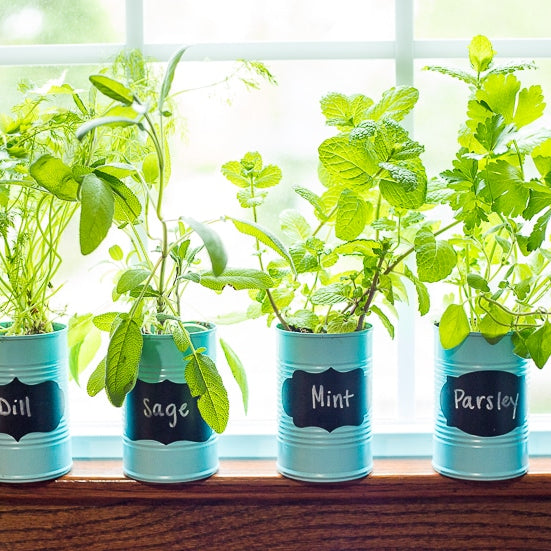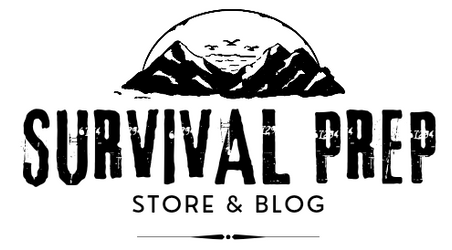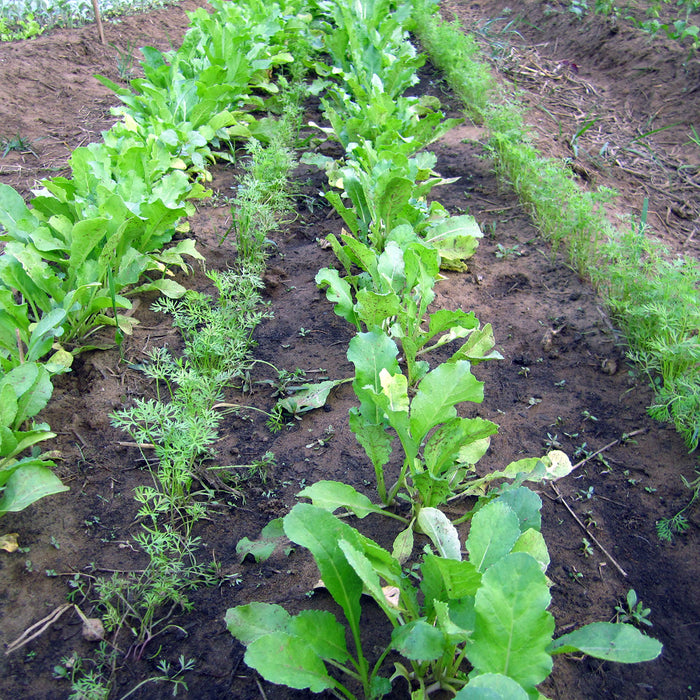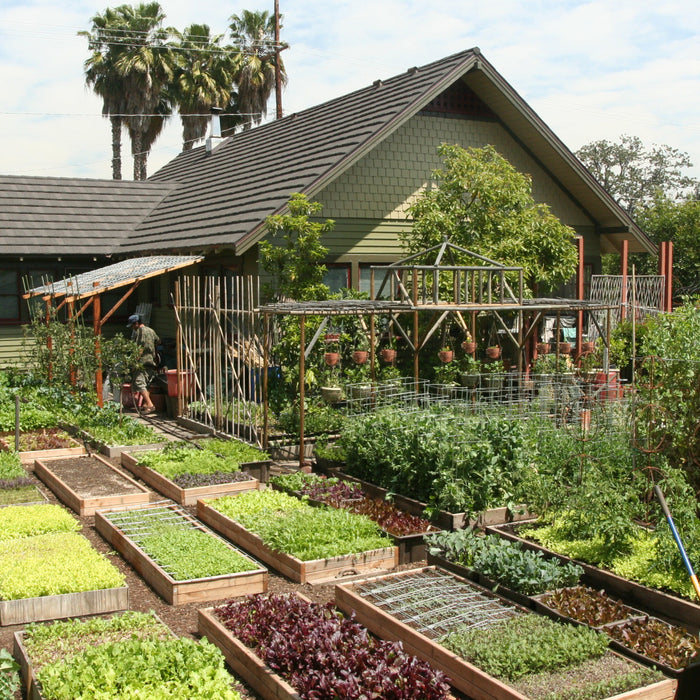
Prepare for possible loss of utilities
Definition of complacent
1. marked by self-satisfaction especially when accompanied by unawareness of actual dangers or deficiencies: marked by complacency, self-satisfied.
2. Unconcerned
With the coronavirus pandemic spreading throughout America at an accelerated rate, we recommend that you prepare now for any eventual loss of utilities. We are seeing the beginning of school closings and many are bracing themselves for an interruption in goods and services.
American Hospital Association information shows that hospitals are preparing for 96 million coronavirus cases. 4.8 million hospitalizations, and 480 thousand deaths in America. Yet Americans are just now starting to prepare for an emergency, although they've been warned time and again to prepare. Many long term food suppliers are sold out, which shows that Americans are finally taking emergency preparedness seriously.
Tyler Cohen, Economics Professor at George Mason University, explores the phenomena of a complacent America in the article Dangers of American Complacency. Cohen describes a populace that has packages delivered by Amazon and its food delivered by Uber while "sitting home streaming Netflix." He coins it a "national malaise."
While Cohen's article focuses more on economic issues, this widespread malaise can also be seen in a lack of emergency-preparedness. In the study "Public Complacency Under Repeated Emergency Threats" researchers Xiaohu Wang and Naim Kapucu from the University of Central Florida explored the reasons for this complacency.
Reviewing data from the public response to four major hurricanes in Florida, they studied why the public had the tendency to ignore hurricane threat warnings. The researchers explain that public complacency differs from poor public awareness, where the public does not possess adequate information but also added that an aware public can also be a complacent public.
After painstaking research, they conclude that "A predicted, but unmaterialized, disaster can reduce people’s alertness and cause complacency for future threats."
It's possible that in this age of instantaneous news reports from all over the globe that we have become so inundated with threats from every conceivable direction, that we've lost the sense of when there is a very real threat bearing down on us. Accurately assessing which threats are imminent is a skill that we apparently need to learn.
If there is anything that we can learn from this pandemic, let us learn to be prepared. Since your most crucial survival needs are oxygen, water, food, and shelter, we urge everyone to store water:
Recommended Posts
- How to Build a Bug Out Bag for Kids: Tips and Tricks
- 10 Survival Skills Every Kid Should Know
- Food prices are about to skyrocket even more; Prepare for a 'famine,' followed by housing crash, then equities wipeout - Michael Gayed
- South Threatened by Severe Weather After Texas Tornado Disaster: How to Prepare.
- The Ultimate Guide to Radiation Water Filters: How They Work



